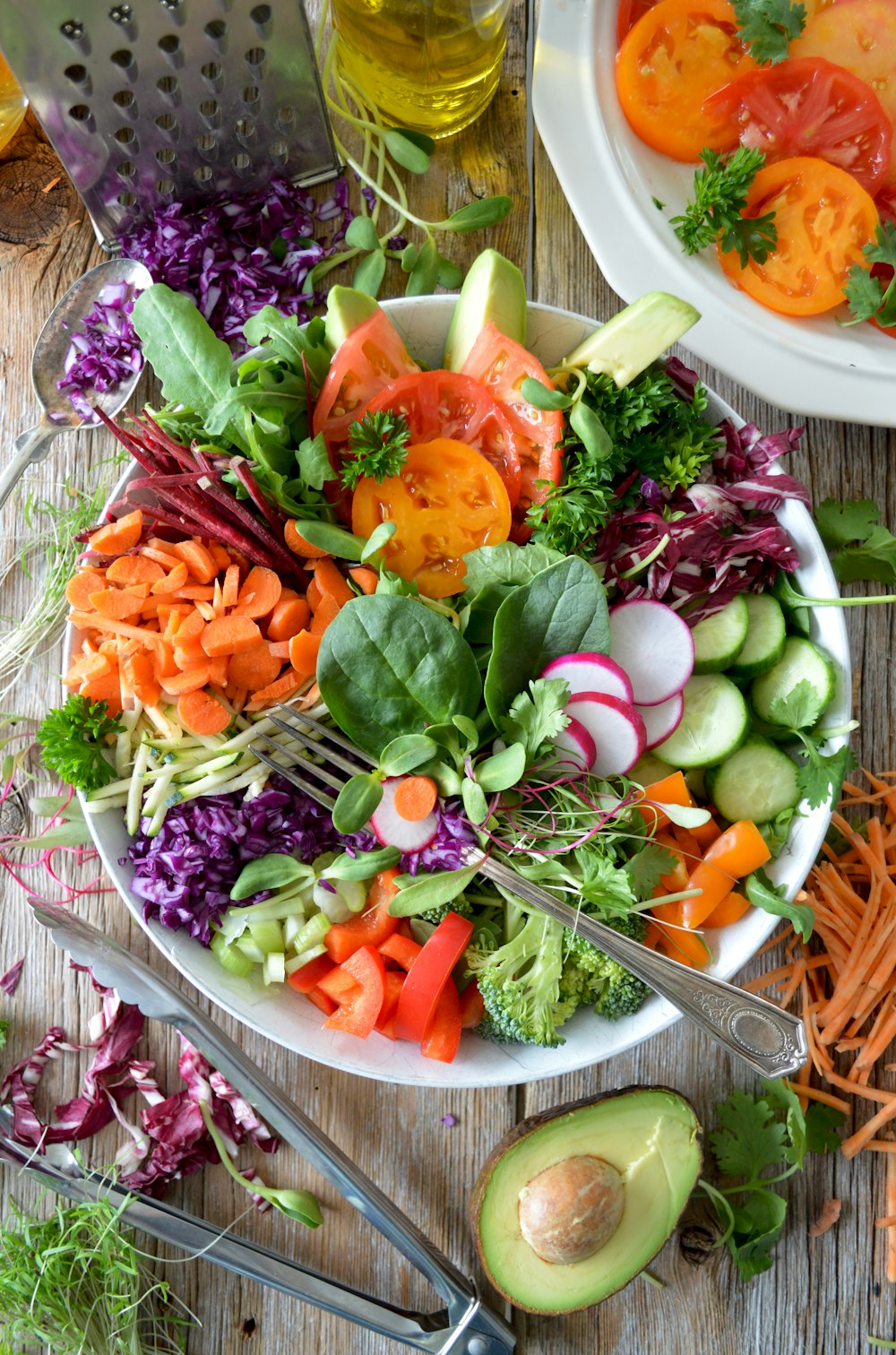Inflammatory acne happens when pores are clogged with inflammatory mediators and might cause permanent scars if not treated correctly.
What is Inflammatory acne?
Inflammatory acne happens when pores are clogged with inflammatory mediators such as skin’s natural oil, dead skin cells, and bacteria. Sebaceous glands on the skin layer produce an oily substance called sebum to prevent skin from drying out. However, too much sebum mixed with dead skin cells will clog follicles and grow bacteria. Swelling, redness, and blemishes are the response from the immune system to combat the overgrowth bacteria. Those painful bumps are deep in the skin and contain pus that might cause permanent scars if not treated correctly.
What causes inflammatory acne?
- Genetics: Genetic components control your immune system. The weaker the immune system, the weaker it fends off inflammation
- Hormonal balance: Fluctuating hormones promote acne, especially in women during menstrual cycles.
- Stress: Stress is a factor that leads to hormonal imbalance – an important cause that increases the risk of inflammation
- Hygiene: If skin areas are not kept clean, dirt and excessive oil that block hair follicles will build up and gradually become a place for bacteria to grow, triggering inflammatory blemishes.
- Diet: unhealthy diets such as fast food or snack food trigger pimples and skin irritation.
- Skincare routine: the wrong formula for your skin type can worsen an existing skin condition, such as dryness or even oiliness, leading to breakouts
What are the symptoms of inflammatory acne?
Inflammatory acne is responsible for papules, pustules, cysts, and nodules.
- Papules: inflamed and solid bumps on the skin surface.
- Pustules: inflamed and pus-filled bumps on the skin surface.
- Nodules: big and firm lumps underneath the skin
- Cysts: pus-filled acne lumps formed deep under the skin, softer than nodules

(photo: Dr. Venus Institute of Skin and Hair)
Treatment and prevention
Effective acne treatments are variously available, but acne can be stubborn. Since each skin type is unique, each requires a proper skincare formula. Therefore, if pimples are not treated well enough, they might cause scarring depending on the severity of the inflammation. The earlier you start the treatment, the lower the risk of such problems. These are general tips to control and prevent future inflammation:
- Have a healthy and balanced diet: Avoid fast and processed foods. Eat more fruits, vegetables, and whole grains. A healthy diet gives more benefits than just healthy skin.
- Find a skincare routine that fits you: Wash your face daily with a cleanser suitable for your skin type to keep it clean from dirt and environmental pollutants. After each wash, gently pat with cold water or wrap an ice pack in a towel and apply around the large pores. This method will help close the pores. Exfoliate at least once a week to discard the keratinized layers on the skin surface. Moisturize daily, and never forget sunscreen when you go outdoors.
- See your dermatologist to find out the cause of your breakouts to have the most effective treatments

![]()










